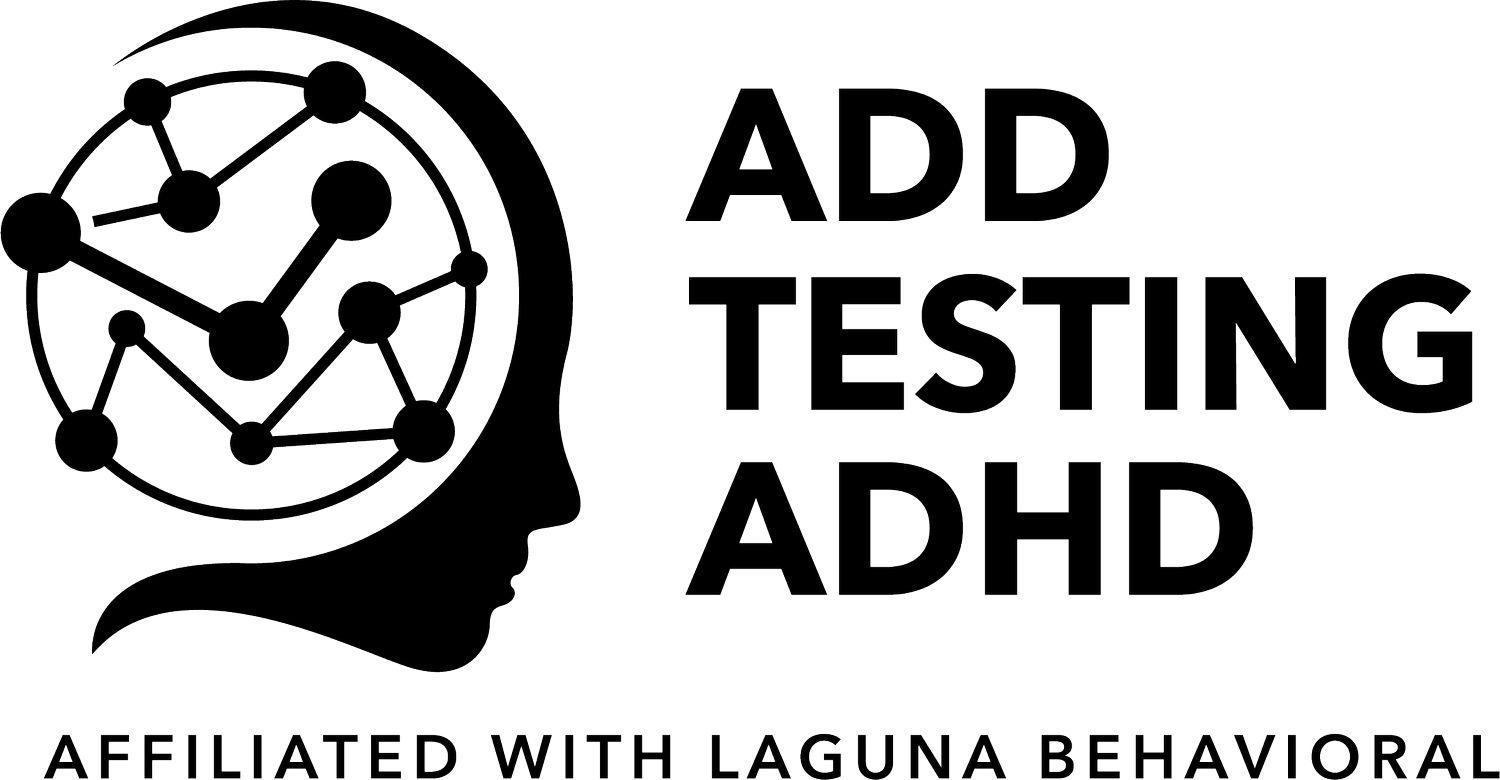Standardized examinations and other high-stakes tests are gateways to educational and employment opportunities. Whether seeking admission to a high school, college, or graduate program, or attempting to obtain a professional license or certification for a trade, it is difficult to achieve such goals without sitting for some kind of standardized exam or high-stakes test. While many testing entities have made efforts to ensure equal opportunity for individuals with disabilities, the Department continues to receive questions and complaints relating to excessive and burdensome documentation demands, failures to provide needed testing accommodations, and failures to respond to requests for testing accommodations in a timely manner.
The Americans with Disabilities Act (ADA) ensures that individuals with disabilities have the opportunity to fairly compete for and pursue such opportunities by requiring testing entities to offer exams in a manner accessible to persons with disabilities. When needed testing accommodations are provided, test-takers can demonstrate their true aptitude.
The Department of Justice (Department) published revised final regulations implementing the ADA for title II (State and local government services) and title III (public accommodations and commercial facilities) on September 15, 2010. These rules clarify and refine issues that have arisen over the past 20 years and contain new and updated requirements.
🎓 Struggling in School? It Might Be Time for a Psychological Evaluation 🧠
If your child is having difficulty with focus, learning, or emotional regulation in the classroom, they may qualify for school accommodations—but most schools require a comprehensive psychological evaluation to get started.
At ADD Testing ADHD, we provide expert testing to support:
✅ IEPs (Individualized Education Programs)
✅ 504 Plans
✅ Extended time for standardized testing (SAT, ACT, GRE, LSAT, etc.)
✅ Classroom supports for ADHD, learning disabilities, and anxiety
We assess for:
📘 ADHD & Executive Functioning
📘 Learning Disorders (Dyslexia, Dysgraphia, etc.)
📘 Anxiety, Depression, and Emotional Concerns
📘 Cognitive Strengths & Challenges
📍 Testing available for students K–college
🗓️ Fast turnaround reports
💼 Documentation tailored for schools and testing boards
🎯 Don’t let your child struggle in silence. The right support can make all the difference.
📞 Call 949-367-1200 to get more information
Overview
Testing for Exam Accommodations
Examples of covered exams include:
College entrance exams (such as the SAT or ACT)
Exams for admission to professional schools (such as the LSAT or MCAT)
Admissions exams for graduate schools (such as GRE and GMAT)
Licensing exams for professional purposes (such as bar exams or medical licensing exams)
Testing Accommodations
Do you need accommodations for your college or professional exam? Our team of licensed psychologists can help!
This publication provides technical assistance on testing accommodations for individuals with disabilities who take standardized exams and other high-stakes tests. It addresses the obligations of testing entities, which include private, state, or local government entities that offer exams related to applications, licensing, certification, or credentialing for secondary (high school), postsecondary (college and graduate school), professional (law, medicine, etc.), or trade (cosmetology, electrician, etc.) purposes. Who is entitled to testing accommodations, what types of testing accommodations must be provided, and what documentation may be required of the person requesting testing accommodations are also discussed.

